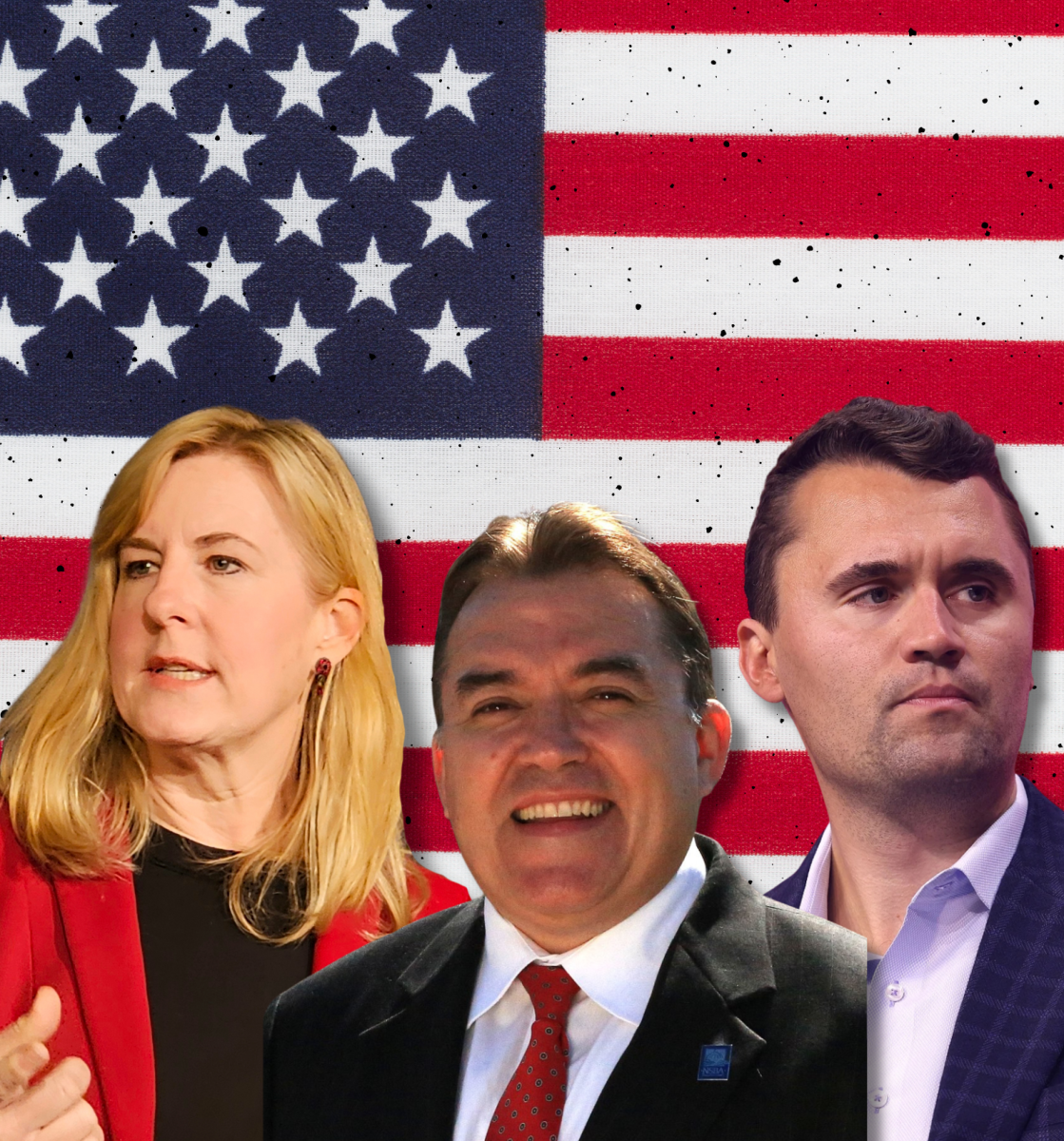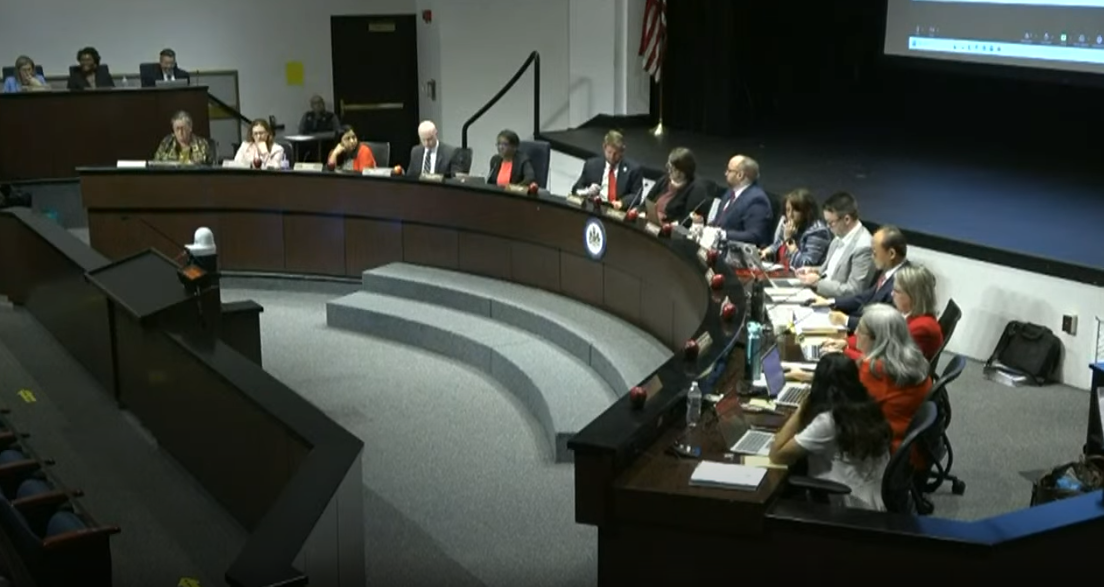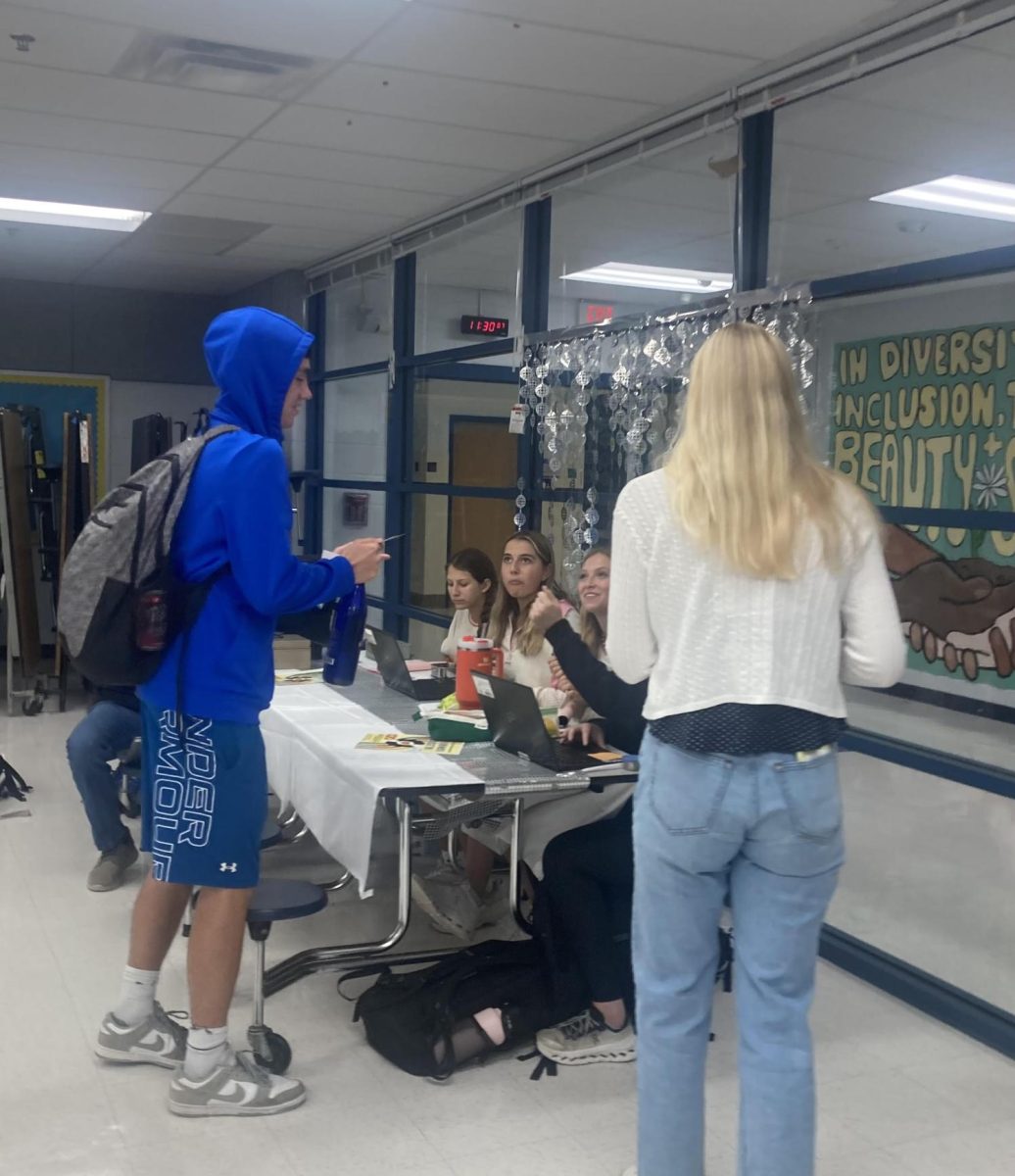For the past week, Congress has failed to pass the appropriations bills needed to fund the federal government, causing a government shutdown as the new fiscal year began Oct.1.
The shutdown this year is a result of disagreements between the Republicans and Democrats in the US Congress. In the United States, Congress must pass funding measures that are legal and can be administered by the executive branch. Currently, Republicans hold the majority of seats in both chambers of Congress, with eight more seats in the Senate and seven more seats in the House. The US House of Representatives passed a stopgap bill, which is a temporary spending measure to find government operations. The bill, if passed, would fund the government for seven weeks. However, the US Senate is unable to reach the 60 votes needed to pass the bill.
Senior Elizabeth Weber, a student observing the divide in Congress said, “People keep arguing with each other, saying ‘it’s the Democrats’ fault’, or ‘it’s the Republicans’ fault’, when it’s both of their faults, they have to learn to work together.”
“It really affects the American people, specifically in the DMV […], because most of our parents work for the government, so a lot of our parents are not getting paid,” added Weber.
Government shutdowns are not a new occurrence in Washington DC. Throughout history, there have been 22 government shutdowns, with this being the fourth of the century. The most recent government shutdown, in 2019, lasted 35 days, and cost the economy an estimated $11 billion. CBS predicts that the current shutdown will cost the economy $7 billion for every week it lasts. This shutdown is especially impactful to Virginia, which is home to around 147,000 federal workers.
Natalie Winkler, a senior from a family of federal employees affected by past shutdowns, said, “We haven’t been able to really feel the impact of the shutdown yet, but last time there was a shutdown […] for 35 days, my family had to start cutting into savings, and we were really able to feel that impact. We started really struggling.”
“Well, my mom can’t go to work, so right now she’s at home and we don’t know […] when she can start going back to work. They say that they’re gonna give her backpay, but you never know what’s gonna happen,” Aria Flora, a senior whose mother works for a federal agency, said.
During a government shutdown, most federal workers are not paid, leaving them without a source of income for an undetermined amount of time. In past shutdowns, after the shutdown ends, employees that were furloughed, which means put on mandatory unpaid leave, were paid backpay. Essential employees also received backpay after government shutdowns, but they were still expected to go to work during a shutdown. Essential employees include TSA agents, air traffic controllers, federal law enforcement officers (FBI or DEA) and ICE agents.
However, according to Axios, an unreleased draft memo from the White House states that not all federal employees that were furloughed are entitled to the backpay that they have historically received during shutdowns. This comes after a line from a ‘frequently asked questions’ section posted on the White House website was removed. The line referenced the Government Employee Fair Treatment Act of 2019, which guarantees retroactive pay for federal employees that are furloughed or have to work without pay during a government shutdown.
According to NBC, “The September version of the document said that ‘furloughed and excepted employees will be paid retroactively as soon as possible after the lapse ends, regardless of scheduled pay dates.‘” However, this has since been removed in the updated October version.
FCPS superintendent Michelle Reid issued a statement addressing the shutdown, containing resources for impacted FCPS families. These resources include applications for free and reduced lunch, free mental health sessions, and other free or discounted services available.
Winkler emphasized her frustration with the system, saying, “I think it is so fascinating that the federal workers are not getting paychecks […], but Congress, whose fault it is, is still getting paid. The entire government shutdown is because Congress is throwing a temper tantrum, and we, as a country and as a system, have learned to just entertain this.”






















































